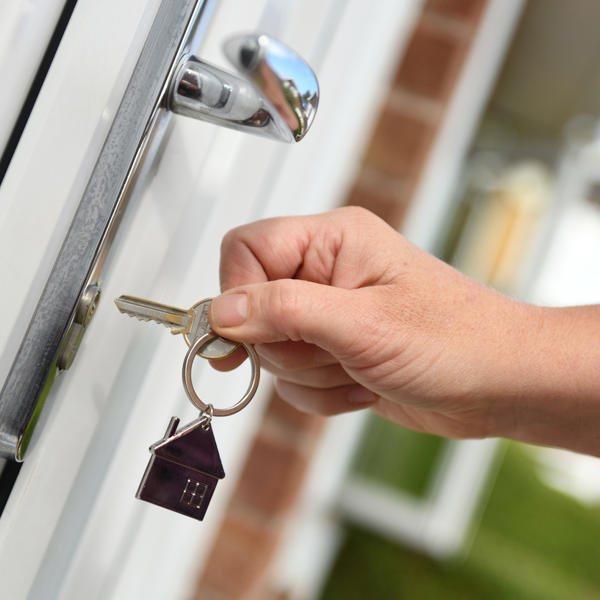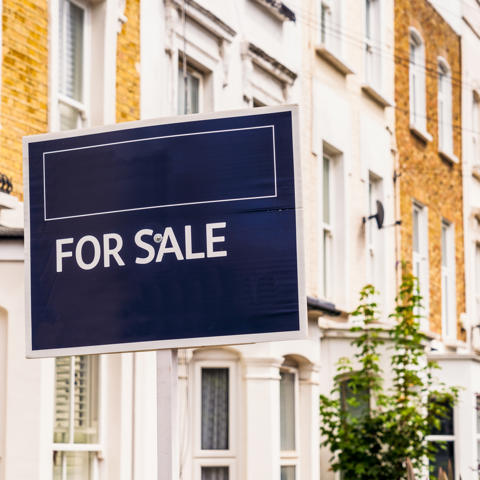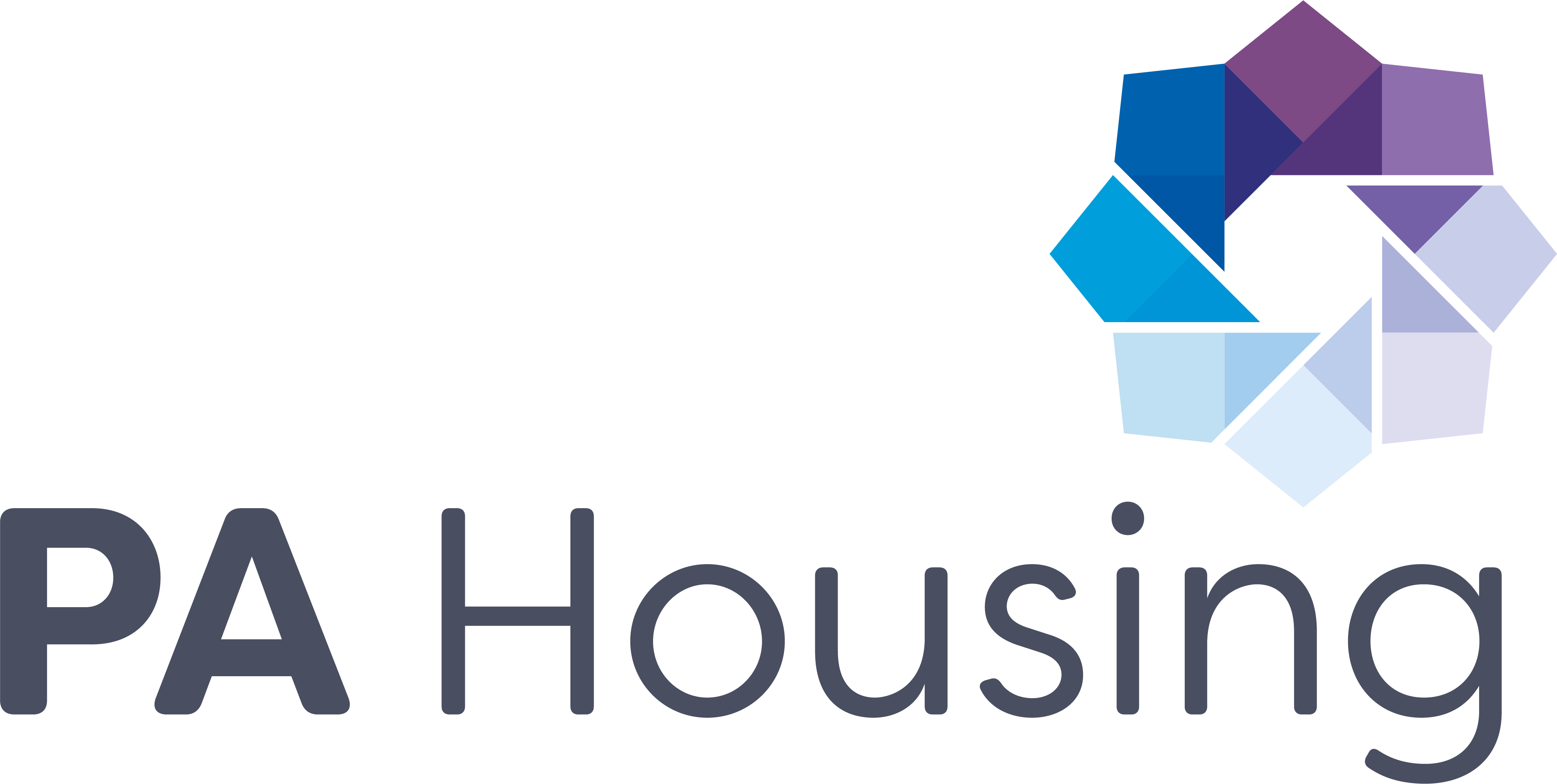
What is shared ownership?
Shared ownership is a government funded, low-cost home ownership scheme that aims to help people who can’t afford to buy a home at full value.
The scheme lets you buy a share in new build or resale properties in stages that are both affordable and manageable, usually between 25% - 75% and pay rent on the share you don’t own.
You will also have to pay a service charge.
Why buy a shared ownership home?
Shared ownership is essentially for people who would like to own their own home but cannot afford to buy on the open market. The cost of purchasing and ownership is reduced as
- You can start with a share that is affordable for you, in some cases as low as 25%.
- You can apply with as little as a 5% deposit of the price of the share.
- The rent is subsidised and is usually charged at 2.75%
What are shared ownership resales?
Shared ownership resale properties are homes that a current owner bought new from us or as a resale and now wishes to sell on. The principle is the same as buying a new build through shared ownership but you must purchase at least the share that the seller currently owns on the existing lease.
For more information, please email [email protected] or view our latest properties available through shared ownership resales/pre-owned website.

How to staircase?

Shared ownership policies
Before applying to purchase any of our shared ownership homes, we recommend reading our policies to ensure you understand our process.
Find out more
Selling your home
Contents insurance
Insurance that you will need to take out to cover your personal belongings in your home.
Council housing register
A ‘waiting list’ held by the local council, with the names of applicants waiting for suitable housing.
Energy Performance Certificate
Under the law, you need an EPC before you can sell a property. We cannot start to sell your home until you have an EPC and have sent us a copy. EPCs are usually valid for 10 years.
Equity share
This is the share of the property that you own. The share you start with is usually called the share ‘you purchase initially’. You can increase this share by buying extra amounts until you own the full share outright.
Freehold
The freeholder of a property owns it outright, including the land it’s built on. If you buy a freehold, you’re responsible for maintaining your property and land, so you’ll need to budget for these costs. Most houses are freehold but some might be leasehold – usually on Shared Ownership properties, until final staircasing then the owner may obtain the freehold interest.
Ground rent
This is a payment made by the owner of a leasehold property to the freeholder, as required under the terms of the lease. A ground rent is created when a freehold piece of land or building is sold on a long lease.
Holding or reservation fee
Money paid by applicants to reserve the property they want to buy (only required at some developments), which goes towards the purchase of the property.
Homebuyer’s report valuation
A more in depth report that you should ask for if you are considering buying an older property.
Homes and Communities Agency (HCA)
A government funded body that regulates affordable housing throughout the UK.
Key worker
People working in professions that the local authority and HomeBuy agents consider to be important to the society. Key workers can qualify for schemes that they might not qualify for otherwise. Examples of key workers are police, nurses and teachers.
Lease
A legal contract between us and the shared owner. The terms in this document are legally binding.
Leasehold
With a leasehold, you own the property and its land for the length of your lease agreement with the freeholder. When the lease ends, ownership returns to the freeholder unless you can extend the lease.
Most flats and maisonettes are owned leasehold. When buying a leasehold you will have a new lease with a term of - for example 125 years - or if it is a resale leasehold property, you’ll take over the lease from the previous owner.
Managing Agent
Your property maybe managed by an external Managing Agent who is legally contracted to be responsible for maintaining the building and the estate in which you live. Your service charge will cover their fees and charges for services.
Purchaser
The person who is buying the property.
Rent
The monthly charge you will pay to us for the part of the property that you do not own.
RICS surveyor
Royal Institute Chartered Surveyor. All valuations must be carried out by an approved surveyor.
Service charge
A monthly charge covering outside maintenance, shared areas, a contribution to the ‘sinking fund’, leasehold management administration charges and buildings insurance.
Sinking fund or capital expenditure reserve fund
A fund that all leaseholders pay into. The money is saved for future large repairs or replacements to the outside of the building or to a shared area.
Staircasing
Buying more equity (shares) in your property and therefore paying less rent.
Survey
A report on the condition of a property that is for sale.
Valuation
The price the property has been valued at on the open market by a Royal Institution Chartered Surveyor.
Vendor
The person who is selling the property.
Looking for a new home to buy?
Check out our latest developments and use the property search to find your new home today!





